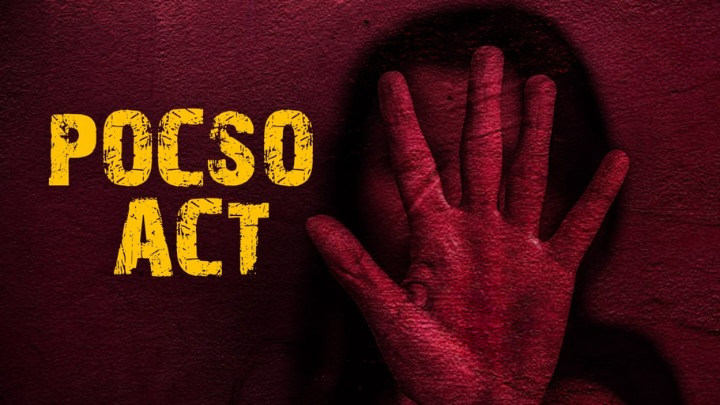Protection of Children from Sexual Offences (POCSO) Act

- 29 Mar 2024
Why is it in the News?
The Kerala High Court has held that a child charged with offenses under the Protection of Children from Sexual Offences (POCSO) Act, 2012, is to be prosecuted as per the provisions of the Juvenile Justice (Care and Protection of Children) (JJ) Act.
About the Protection of Children from Sexual Offences Act (POCSO Act):
- Enacted in 2012, the POCSO Act stands as India's pioneering legislation dedicated to addressing child sexual abuse comprehensively.
- Under the administration of the Ministry of Women and Child Development (MoWCD), its primary objective is safeguarding children under 18 from sexual assault, harassment, and exploitation, alongside establishing Special Courts to adjudicate such cases swiftly and efficiently, ensuring justice and protection for victims.
Salient Features of the Act:
- The POCSO Act adopts a gender-neutral approach, defining a child as "any person" under 18, ensuring inclusivity for all victims of child sexual abuse.
- It delineates various forms of sexual abuse, encompassing penetrative and non-penetrative assault, sexual harassment, and pornography.
- Certain circumstances, such as mental illness or abuse by a trusted individual like a family member, escalate the severity of sexual assault as per the Act.
- Individuals involved in trafficking children for sexual exploitation are subject to punishment under the Act's provisions on abetment.
- Attempting to commit an offense under the Act incurs penalties up to half the prescribed punishment for the completed offense.
- There's no time limit for reporting abuse, empowering victims to come forward at any point, regardless of when the abuse occurred.
- The Act mandates reporting of sexual abuse, penalizing failure to do so with imprisonment or fines.
- It includes child-friendly procedures for reporting, evidence recording, investigation, and trial, ensuring a supportive environment for victims.
- These procedures include recording the child's statement in a preferred location, preferably by a female officer, and avoiding aggressive questioning or character attacks.
- Medical examinations occur in the presence of a trusted individual, and the child is shielded from seeing the accused during testimony.
- Trials are held in camera, with the Special Court aiming to complete proceedings within a year of cognizance, prioritizing swift justice for victims.
Amendment to the Act:
- In 2019, the Act underwent its inaugural amendment to intensify penalties for particular offenses, aiming to dissuade perpetrators and safeguard the dignity of childhood.
- This amendment introduced the death penalty for aggravated penetrative sexual assault against children.
- Additionally, it empowered the imposition of fines and sentences of up to 20 years in prison to combat child pornography.
